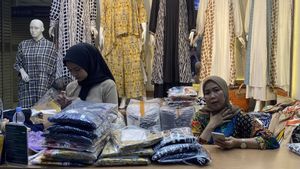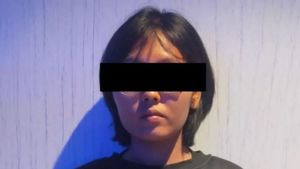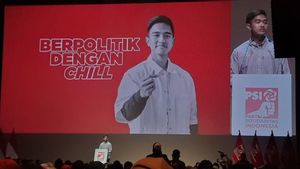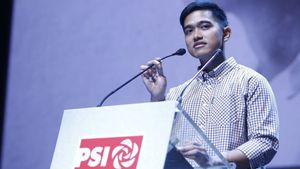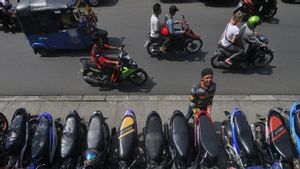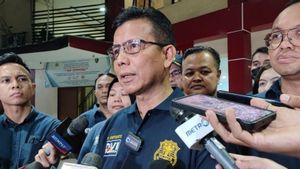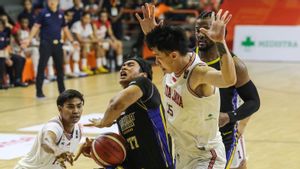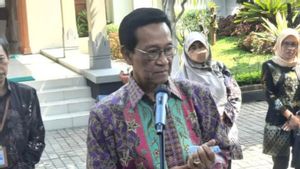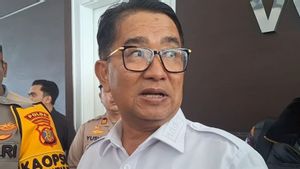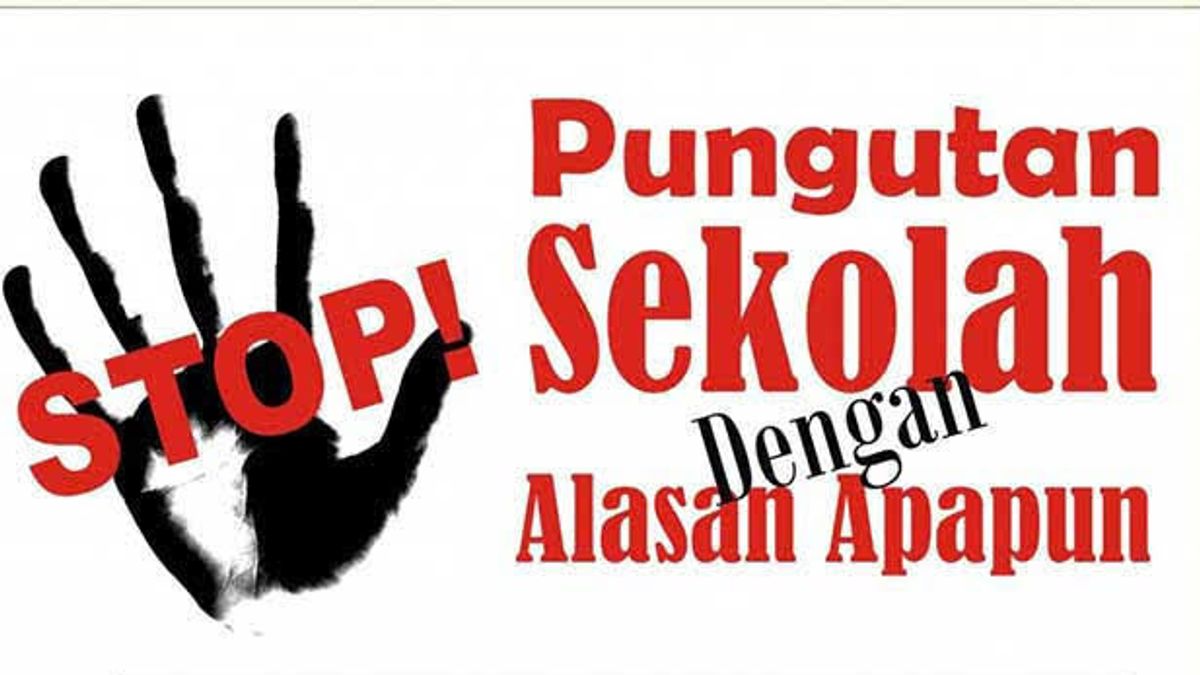
SMPN 1 Ponorogo is being discussed by the community, especially parents. But unfortunately the attention addressed to public schools was not due to proud achievements.
SMPN 1 Ponorogo went viral after they asked for donations for cars to new musical instruments to parents. Obviously this invites a commotion. The majority of parents of course objected to being asked to "donate" for things that might be considered less essential.
The widening of School Quality Development and Improvement Contributions (SPPMS) has gone viral on social media. Even though it is labeled a donation, the amount of money requested by the school is quite large. Each student's guardian is asked to start from Rp. 1.5 million to Rp. 1.7 million. According to most parents, the donation is burdensome.
Principal of SMPN 1 Ponorogo Imam Mujahid did not cover up the donation leaflets. But according to Imam, the donation needs to be made, especially since this is a committee program that is also a school partner. Even Iman said that the contents of the leaflets had been investigated by Law Enforcement Officials (APH).
"So schools and committees are partners, committees that provide policies with parents. This has gone through a long process, we even brought in APH as well to attend," Imam told reporters, Friday (29/9/2023).
From the SPPMS leaflets circulating, several musical instruments needed included two units of RGX Yamaha 121 Z electric guitar with each unit priced at IDR 3,490,000, the acoustic drum brand Yamaha 5 Piece Stage Custom Original for IDR 17,700,000.
That still doesn't include car rejuvenation and computer procurement for practice. In total, based on the SPPMS leaflet, schools need a fulus of IDR 509,580,000 to improve school quality.
Regarding efforts to meet the needs of funds by schools, in Permendikbud Number 75 of 2016 concerning the School Committee, it is stated that the School Committee may raise funds.
However, the fundraising is only carried out to improve the quality of education services in schools with the principle of mutual cooperation. Fundraising in the form of levies on students and guardians of students is prohibited by Permendikbud.
Then, what are the differences in donations and levies? Quoted by a number of sources, levies have the characteristics of funds sourced from students or parents, are mandatory and binding, the amount is determined, and the payment time is determined.
Meanwhile, donations come from students, parents/guardians, individuals or other institutions. However, donations are voluntary, not coercive, and not binding. Donations are also not determined in number and there is no timeframe.
National Coordinator of the Education and Teacher Association (P2G) Satriwan Salim considers what SMPN 1 Ponorogo does to violate the rules. Not only violates Permendikbud, but also does not comply with Article 31 of the 1945 Constitution paragraph (2), which reads, "Every citizen must follow basic education and the government must pay for it".
Referring to the Constitution, Satriwan emphasized that there should be no more levies made by the public school to the guardians of students. According to him, levies are clearly prohibited because they burden the guardians of students and violate regulations.
관련 항목:
"For this case, the principal is suspected of making levies. Even though the levies are clearly prohibited, schools should not burden it with mandatory levies," said Satriwan.
In accordance with Article 31 paragraph 2 of the 1945 Constitution, all basic education costs are covered by the government, so there should be no more levies.
Regarding levies for the purpose of developing the quality of education as carried out by SMPN 1 Ponorogo, Satriwan challenged schools to be creative in seeking aid funds to third parties without having to involve students' guardians.
For school facilities and infrastructure, actually there are BOS funds. For example, BOS funds are not sufficient, schools are given space to cooperate with other institutions, outside of student guardians," added Satriwan.
'Here the principal should be creative, for example establishing cooperation with the company, NGO, asking for donations to other institutions to finance the learning process. What is clear is that there should be no more levies to the guardians of students.'
The case of levies in educational institutions is not the first time this has happened. Almost every year there are unpleasant news about levies that are considered unnatural. Last July, SMAN's parents and guardians in Jombang protested because they objected to the contribution of the Rp2.5 million building money requested by the school.
Satriwan regrets that the practice of levies is still rampant in public schools, even though all financing in elementary schools is guaranteed by the government.
The principal should be sanctioned if he asks for levies. Charges like this should end, for violating the constitutional mandate. For the procurement of musical instruments and other facilities and infrastructure, it can be submitted to the Ministry of Education and Culture," concluded Satriwan.
The English, Chinese, Japanese, Arabic, and French versions are automatically generated by the AI. So there may still be inaccuracies in translating, please always see Indonesian as our main language. (system supported by DigitalSiber.id)


